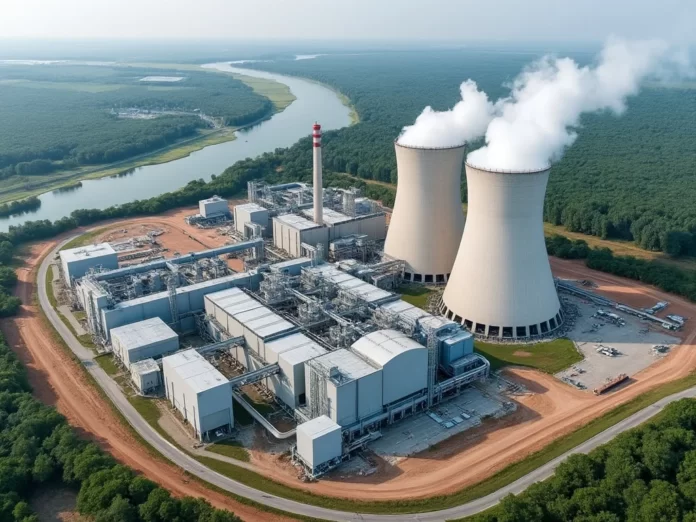The government’s Energy Task Force has successfully renegotiated terms with eight bagasse-fired Independent Power Producers (IPPs), including those owned by the Prime Minister’s sons.
According to a news report, the negotiations took place over three days at a local hotel in Rawalpindi, culminating in a positive outcome, as confirmed by Muhammad Ali, Special Assistant to the Prime Minister and co-chair of the Task Force.
These revised agreements are projected to save between Rs 85 and 100 billion and reduce recent tariff increases by Rs 8 billion, which were initially set at Rs 22 billion with retrospective effect.
The sugar mills engaging in these revised Power Purchase Agreements (PPAs) with the government include Hamza Sugar Mills, Chiniot Sugar Mills, JWD-II, JWD-III, Rahimyar Khan Mills, Chenab Sugar Mills, Al-Moiz Sugar Mills, and Thal Industries.
Notably, the renegotiation resulted in the reduction of the bagasse rate to Rs 4500 per ton from Rs 5600, with a retrospective deduction of 5%. This adjustment is expected to reduce the financial impact of the allowed tariffs by about 42%.
The Task Force also reviewed a previous decision by the National Electric Power Regulatory Authority (NEPRA), which had increased the tariff for bagasse-based generation by 110%, linking it to international coal prices. This decision has now been modified to a PKR-based pricing structure, which is anticipated to save the country over Rs 100 billion in future payments.
During a public hearing on Fuel Cost Adjustment (FCA) last month, the Central Power Purchasing Agency (CPPA-G) had sought an adjustment of Rs 22 billion as Prior Year Adjustment (PYA). In the initial phase of payments, significant amounts were disbursed to various energy producers, though Almoiz and Thal Industries did not receive payments.
Under the new agreements, the fuel cost component (FCC) of the tariff for bagasse will now be set at Rs 4,500 per ton starting from October 2021, with a 5% annual indexation. Additionally, from the effective date, October 31, 2024, other financial terms such as the Working Capital Component and the Return on Equity (RoE) will also see adjustments to support fiscal sustainability.




